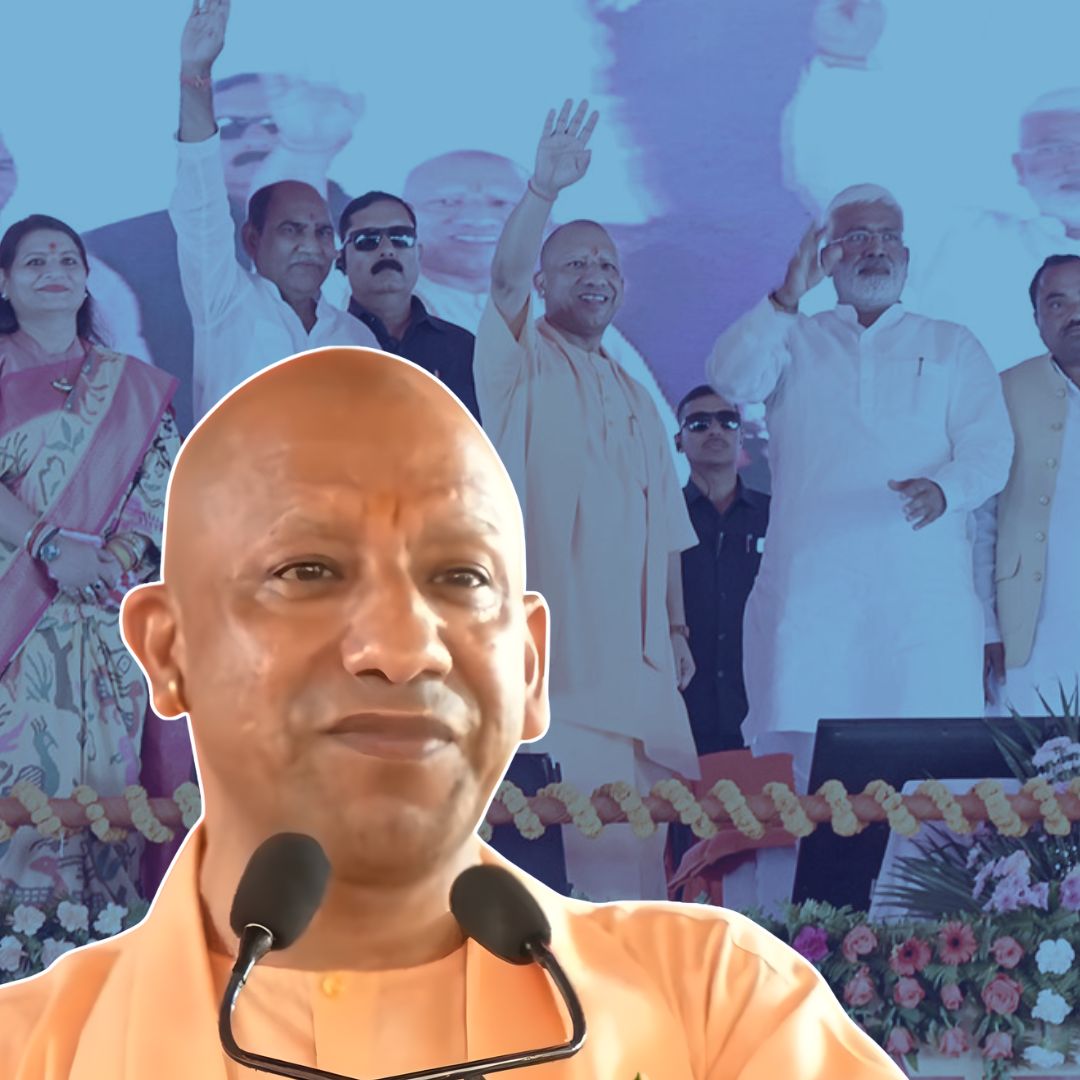Uttar Pradesh Chief Minister Yogi Adityanath recently sparked widespread discussion with his remarks on the state of secularism in India. He recently said, “Those who insulted Indian culture were once called secular.” Speaking at the 36th regional sports meet of the Akhil Bharatiya Vidya Bharati Shikshan Sansthan in Jhansi, Adityanath criticised what he described as a distortion of the term “secularism” after India’s Independence.
His comments focused on those who, in his view, have misused secularism to mock and undermine Indian traditions, while being paradoxically hailed as the paragons of secularism. These statements have reignited the long-standing debate on the meaning and application of secularism in India amidst an increasingly charged political atmosphere.
Distortion of Secularism and Cultural Pride
Adityanath contended that following Independence, the concept of secularism was misinterpreted and politicised, leading to an alienation from India’s cultural ethos. “Those who insulted Indian culture were once called secular,” he asserted, highlighting a concern that a superficial or misdirected notion of secularism has been used to diminish the country’s spiritual and cultural heritage.
He emphasised that secularism should mean equal respect for all religions and traditions, staying true to India’s pluralistic roots.
The Chief Minister also lauded the role of Vidya Bharati, a vast educational network with over 25,000 centres, for promoting Indian values across generations despite receiving no government aid. By underscoring the cultural contributions of Bundelkhand, from saintly poet Tulsidas to warrior queen Rani Laxmibai, he linked respect for Indian traditions with a broader sense of national pride and identity.
विद्या भारती समूह ने देश के अंदर…
— Yogi Adityanath (@myogiadityanath) October 9, 2025
बिना किसी सरकारी सहयोग के, नगर हो या गांव, वनवासी हो या शहरवासी, उनके अनुरूप शिक्षण-प्रशिक्षण केंद्रों की स्थापना कर देश के अंदर राष्ट्रीय मूल्यों की शिक्षा देने का कार्य किया है… pic.twitter.com/3eXTApm2rC
Political Reactions and Context
The remarks came at a time when debates over secularism are at the forefront in Indian politics. Opposition parties, including the Congress and Samajwadi Party, have criticised Adityanath’s statements as attempts to polarise the electorate ahead of forthcoming state and national elections.
They argue that secularism is constitutionally enshrined as the equal treatment of all religions and should not be manipulated for political gains. Experts and social commentators have noted that the discourse reflects a clash between India’s historical commitment to pluralism and newer political narratives that link secularism with cultural nationalism.
India’s Secularism: A Complex Heritage
Historically, India’s secularism was designed to protect religious freedom without state preference, enabling harmony among its many religious communities. The Constituent Assembly debates reflect a vision of secularism rooted in respect, coexistence, and mutual tolerance.
However, the real-world application of this ideal has often been challenging due to the country’s diverse social fabric and political dynamics. Amid rising identity politics, secularism’s definition and practice have become contested terrain, with voices calling for a more culturally integrated understanding that reflects India’s composite heritage.
Critics, however, warn against using secularism as a tool to exclude or demean minorities or to promote a single cultural narrative as representative of the entire nation.
The Logical Indian’s Perspective
The Logical Indian maintains that secularism’s true essence lies in fostering unity through embracing diversity with empathy, respect, and kindness. While political and social debates about secularism are vital, they should aim to build bridges rather than walls.
Emphasising coexistence and constructive dialogue respects the complexity of India’s plural society and honours the constitutional promise of equality.
यह मेरा सौभाग्य है कि…
— Yogi Adityanath (@myogiadityanath) October 9, 2025
विद्या भारती अखिल भारतीय शिक्षा संस्थान का बीजारोपण वर्ष 1952 में महायोगी गुरु श्री गोरखनाथ जी की पावन धरा गोरखपुर में 'राष्ट्र ऋषि' नानाजी देशमुख के द्वारा प्रारंभ हुआ था… pic.twitter.com/7R7YVsusy3











